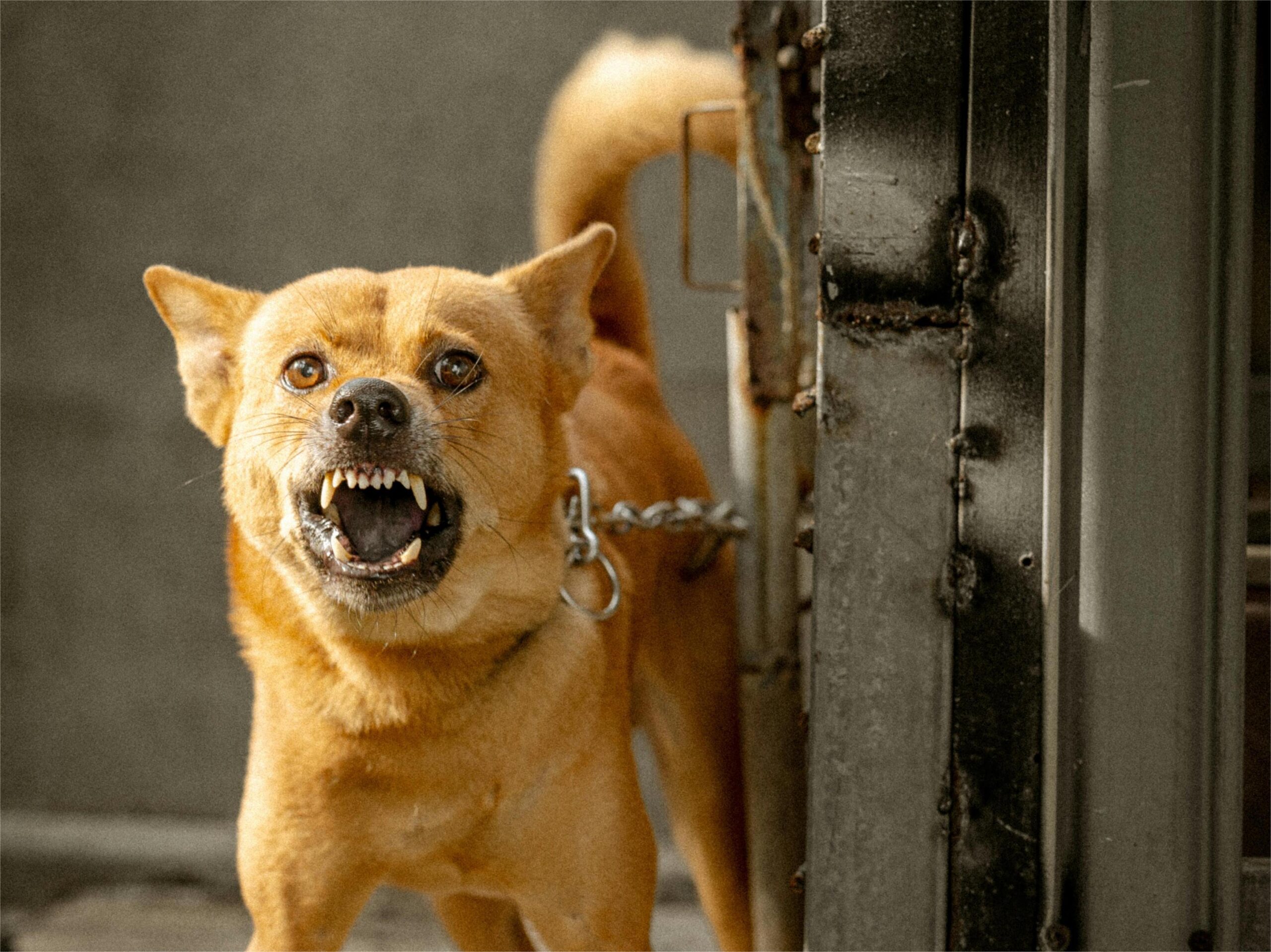Excessive barking is one of the most common issues dog owners face. While barking is a natural behavior for dogs, it can quickly become a problem if your dog barks too much or at inappropriate times. Whether you have a puppy or an adult dog, teaching them when and when not to bark is an essential part of their training.
In this guide, we’ll explore how to train your dog or puppy not to bark, with practical tips and step-by-step methods that will help you keep your dog’s barking under control.

Table of Contents
- Why Do Dogs Bark?
- How to Train Your Dog Not to Bark: Step-by-Step Guide
- Common Mistakes to Avoid
- How Long Does It Take to Stop Dog Barking?
- Conclusion: Download Our Free eBook
Why Do Dogs Bark?
Before you can effectively train your dog not to bark, it’s important to understand why dogs bark in the first place. Common reasons include:
- Alert or Protective Barking: Dogs often bark to alert their owners to strangers or perceived threats. This territorial behavior is instinctual.
- Attention-Seeking: Some dogs bark to get attention, whether they want food, playtime, or to be let outside.
- Fear or Anxiety: Dogs may bark when they are scared or anxious, such as during thunderstorms, when left alone, or when exposed to loud noises.
- Boredom: Dogs that are not mentally or physically stimulated may bark out of boredom or frustration.
- Excitement: Barking can occur when dogs get excited, such as when guests arrive or during playtime.
By understanding why your dog barks, you can better tailor your training approach to address the root cause.
How to Train Your Dog Not to Bark: Step-by-Step Guide
1. Teach the ‘Quiet’ Command
One of the most effective ways to stop your dog from barking is by teaching them the “quiet” command. Here’s how:
- Start by allowing your dog to bark a few times.
- Say “quiet” in a calm, firm voice while holding a treat near their nose.
- When they stop barking to sniff the treat, reward them immediately with the treat and praise.
- Repeat this process until your dog associates the word “quiet” with stopping barking.
Consistency is key. Practice this regularly and reward your dog each time they successfully follow the command.
2. Ignore Attention-Seeking Barking
If your dog barks for attention, it’s important not to give in. Don’t respond by giving them attention, food, or letting them outside immediately after they bark. Instead, wait until your dog stops barking, then reward their silence. This teaches them that being quiet is the behavior that gets attention.
3. Provide Sufficient Exercise and Mental Stimulation
A tired dog is a quiet dog. Dogs that don’t get enough exercise or mental stimulation may bark out of boredom. Make sure your dog gets plenty of physical activity through daily walks, playtime, or training sessions. In addition, provide mentally stimulating activities like puzzle toys or interactive games to keep their mind occupied.
4. Desensitize Your Dog to Triggers
If your dog barks at specific triggers, such as the doorbell, passersby, or other dogs, desensitization training can help. Here’s how:
- Start by exposing your dog to the trigger at a low intensity, such as playing a recording of the doorbell at a low volume.
- Reward your dog for staying calm and not barking.
- Gradually increase the intensity of the trigger over time while continuing to reward calm behavior.
Over time, your dog will become less reactive to the trigger and learn to stay calm.
5. Redirect Your Dog’s Attention
If your dog starts barking, try redirecting their attention to something more positive, like a toy or a game. By focusing on a different activity, your dog will be less likely to continue barking. Always reward them for engaging with the toy or staying quiet.
6. Use Crate Training for Puppies
For puppies, crate training can be especially helpful in preventing barking, particularly at night. A crate provides a safe, quiet space where your puppy can relax. Make sure the crate is comfortable and only use it for short periods when you can’t supervise your puppy.
Crate training can also help with separation anxiety, a common cause of excessive barking in young dogs.
Common Mistakes to Avoid
When training your dog not to bark, there are a few common mistakes that can hinder progress:
- Inconsistent Training: Make sure everyone in the household follows the same training methods. Inconsistent responses will confuse your dog and slow down their learning.
- Yelling at Your Dog: Yelling or punishing your dog for barking can increase anxiety and make the problem worse. Instead, focus on positive reinforcement and calm commands.
- Rewarding Barking: Avoid giving your dog attention or treats when they bark, as this will reinforce the behavior. Wait until they are quiet before rewarding them.
How Long Does It Take to Stop Dog Barking?
The length of time it takes to stop excessive barking varies depending on your dog’s age, temperament, and the consistency of your training. Most dogs show improvement within a few weeks of consistent training, though it may take longer for dogs with ingrained habits or anxiety issues.
For puppies, it’s important to start training early, as younger dogs are more receptive to learning new behaviors. Adult dogs may take a bit longer, but with patience and persistence, they can also learn to bark less.
Conclusion: Get Additional Help with Our Free eBook
Training your dog not to bark requires patience, consistency, and the right techniques. By teaching the “quiet” command, providing enough exercise, and avoiding common mistakes, you can help your dog understand when barking is and isn’t appropriate. Over time, you’ll enjoy a quieter, more peaceful home environment.
For more expert advice and tips on how to manage your dog’s barking and other behavioral issues, download our free eBook today! It’s packed with practical strategies to help you successfully train your dog.
FAQs
- How do I train my dog to stop barking?
Use the “quiet” command, provide plenty of exercise, and redirect your dog’s attention to positive activities to stop barking. - Why does my dog bark so much?
Dogs bark for various reasons, including territorial behavior, boredom, anxiety, or excitement. Identifying the cause is key to stopping the behavior. - How do I stop my puppy from barking at night?
Crate training, providing sufficient exercise, and ensuring your puppy’s needs are met before bedtime can help reduce nighttime barking. - How long does it take to train a dog not to bark?
With consistent training, most dogs show improvement within a few weeks, though it may take longer for dogs with ingrained habits or anxiety. - Should I punish my dog for barking?
No, punishing your dog for barking can increase anxiety and make the problem worse. Focus on positive reinforcement instead.
